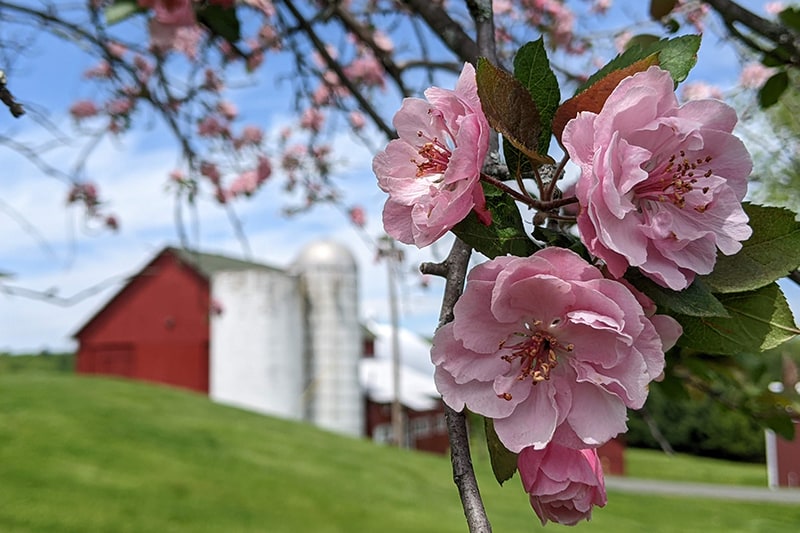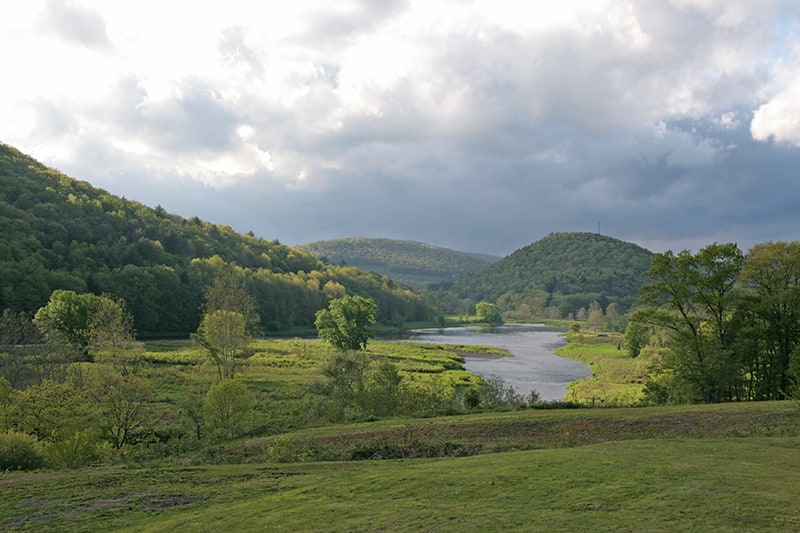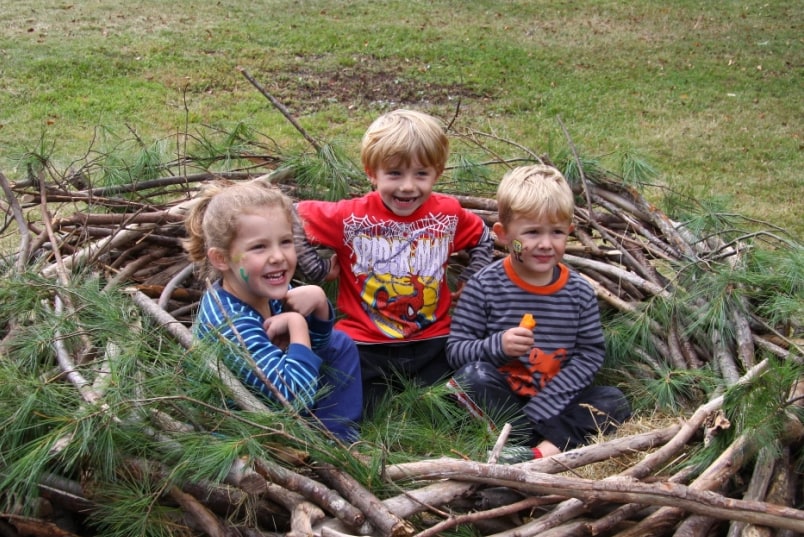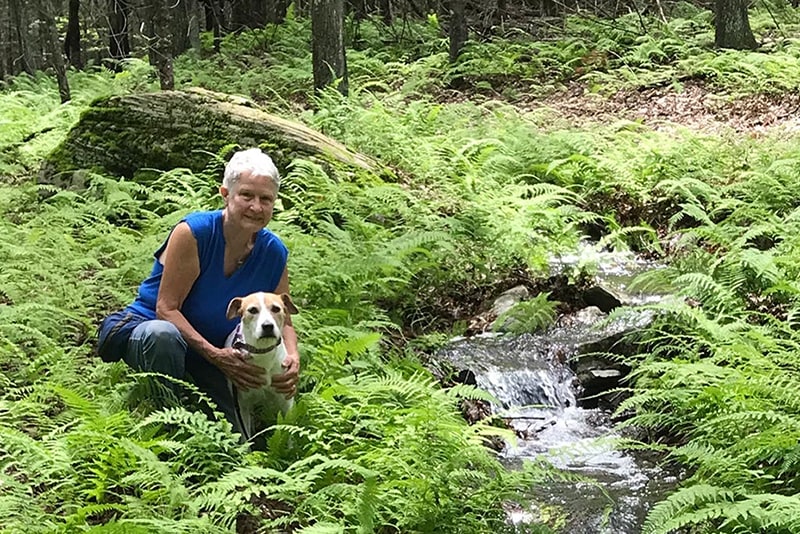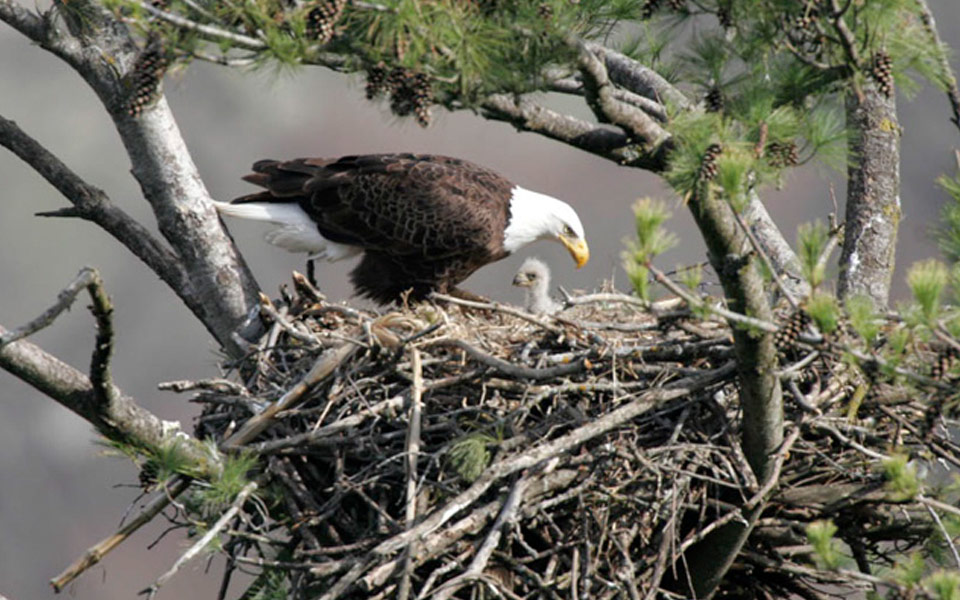Forest Management Plans
Forests are a vital part of our region’s natural and cultural heritage. People of the Upper Delaware River region have worked these forestlands for generations. “Pennsylvania” literally translates as “Penn’s woods.”
Our forests are beautiful to look at, they provide rich wildlife habitats, and they are the perfect places to hike, hunt, or bird watch. They are important economic drivers for our region and good sources of local jobs. And they protect vital drinking water sources for us and for everyone downstream.
The Upper Delaware River Watershed provides water to over 15 million people. That water is filtered by the healthy forests that thrive here. To protect the water here, we need to assure that forestlands remain forestlands. Today, Pennsylvania ranks first in the nation for hardwood production; 75% of Pennsylvania’s forestlands are owned by private, non-industrial landowners—in the Delaware River Basin, 84% are privately owned.
Consulting Foresters
Consulting foresters are professional foresters that provide a broad range of woodland management services including timber appraisals, marketing assistance, preparation of forest management plans (Forest Stewardship Plans), timber stand improvement operations, forest pest management assistance, and wildlife habitat improvement.
A consulting forester works with landowners to understand their goals—such as long-term growth, wildlife habitat maintenance or income management—and makes recommendations to help the landowner achieve them. Working throughout the process from initial assessment, management plan, maintenance and harvest, a consulting forester also typically acts as an agent for the woodland owner before, during and after a timber sale. It is strongly recommended that woodland owners contact a consulting forester to develop a management plan prior to any timber harvesting operations.
Harvesting to Sustain Tomorrow’s Forests
By Jim Finley, Penn State University
Whether you are a woodlot landowner, a manufacturer working with wood, a recreationist who enjoys forests, or someone who buys wood products (and that is almost everyone), your decisions affect the future of our forests. The production of wood products—from lumber to tissues—involves cutting trees. Everyone who cares about trees and forests can appreciate their link to many vital benefits—water, air, wildlife, aesthetics, income, stewardship—and should make personal choices that help to protect them.
It is possible to harvest trees and to protect and sustain diverse forest values. In doing so, it is important to understand that every tree harvest has the potential to either improve or damage the forest. Opportunities also exist to move the forest along in its natural succession to a desired goal—a healthier forest. Every timber harvest must involve careful planning, consideration of the landowner’s goals, attention to growth and regeneration, and protection of soil and water resources.
A healthy, productive forest is the result of planning. A timber harvest is ideally part of a long-term plan to address the landowner’s objectives, improve the mix of tree species, and create space for remaining trees to expand their crowns, grow faster and provide light for new tree growth. Developing a good forest management plan will help a landowner to make informed decisions.
If you are going to harvest in your woodlot, put together a team. The team involves you, a forester who demonstrates an understanding of your needs and shows concern for the harvest’s long-term impact on forest health sustainability, and a timber harvester who has also demonstrated the skill to treat your land and the trees you will grow into the future with care.
To help navigate the complex process of harvesting trees, review the online resources suggested here. If you have questions, contact your Bureau of Forestry Service Forester, join a woodland owners association, attend education programs, and talk with other forest owners. There are many professionals and resources here to help you.
Caring for a forest involves looking into the future—it is not about what you take, but what you leave for tomorrow!
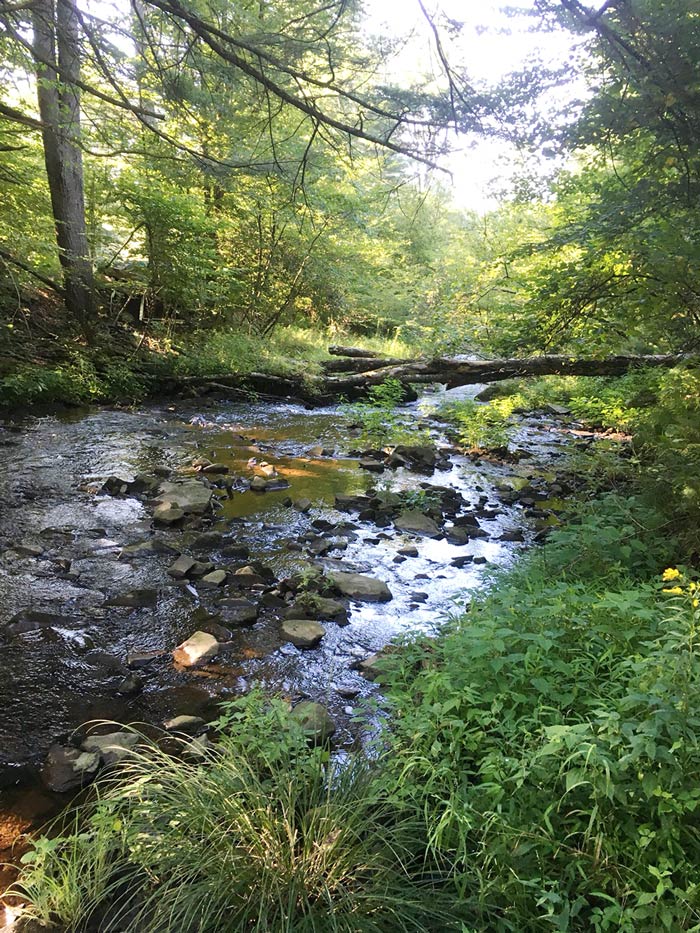
Our task must be to… embrace all living creatures and the whole of nature and its beauty.
Albert Einstein
Physicist and Nobel laureate

